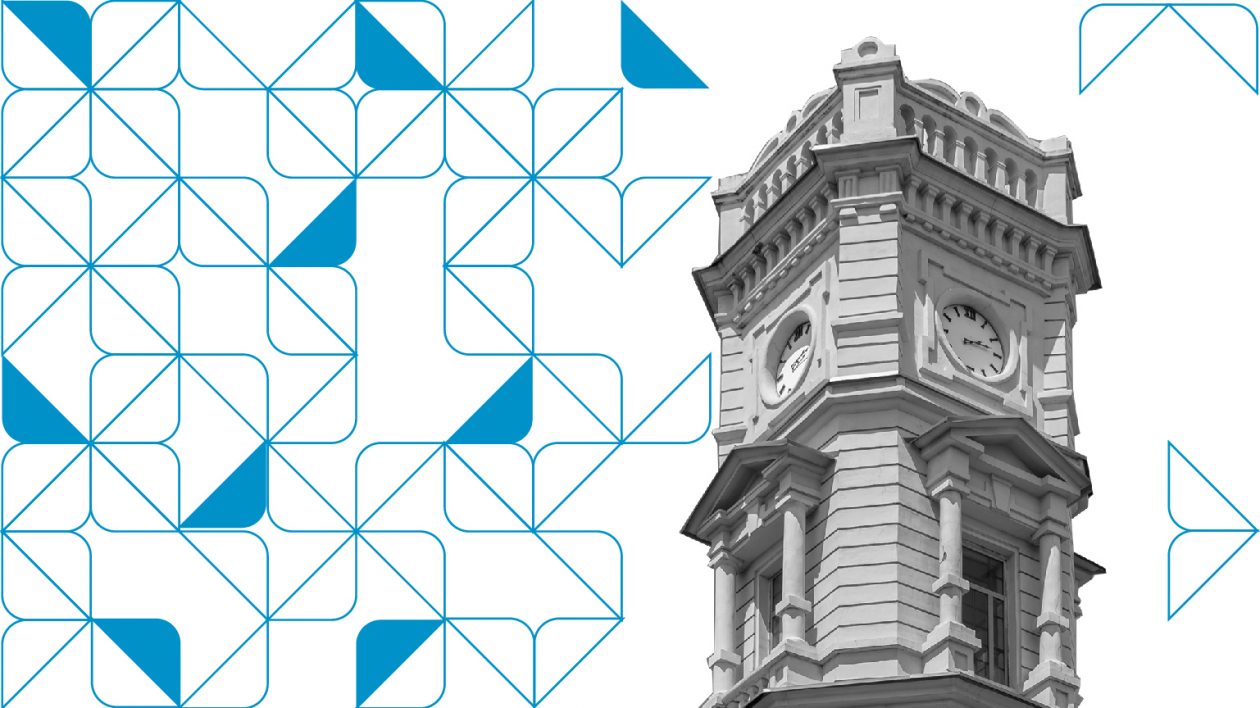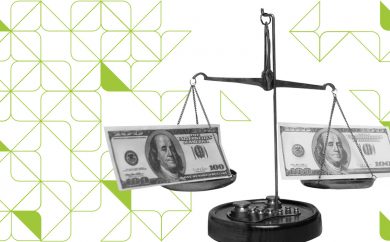Kherson residents are ready to demonstrate independence and join forces in the activities that directly improve their lives. These conclusions can be drawn from the results of the latest wave of the USAID/ENGAGE National Civic Engagement Poll in the Kherson Region conducted in winter of 2021 – a survey conducted by the USAID/ENGAGE activity to gauge citizen awareness of and engagement in civil society activities, participation in and perception of reform processes in Ukraine. In 2019 for the first time, USAID/ENGAGE extended it to the four target oblasts – Kharkiv, Zaporizhzhia, Sumy, and Kherson. This recent wave of the poll was held in winter 2021 and is the second time when USAID/ENGAGE draws up regional data. In this wave, in addition to the questions regarding awareness of and engagement in civic activities, we asked Kherson residents about their values and beliefs. Comparing these data with national results allows to better understand peculiarities of the regions and whether its citizens perceive civil society activities, reform processes and values differently from the rest of Ukrainians.
The poll revealed that Kherson residents are well aware of the forms of public participation. 85% know about participation in peaceful assemblies for specific issues (75% on a national sample), 79% have knowledge of creation of a house, street or block committee or participation in its work versus 71% of the national respondents. 74% know about the possibility to file a complaint to local authorities on infrastructure issues personally or by phone (71% nationally), and 72% are aware that they can partake in public hearings (69% throughout Ukraine).
Nevertheless, participation of the residents of the Kherson oblast in these activities is as low as in Ukraine in general. Still, they are most involved in the activities related to their current place of residence or can improve living conditions. Most often, the citizens create or participate in the work of the house, street or block committee. 13% of respondents said they had been involved in this activity over the past year. Only 2% participated in peaceful assemblies while 7% joined public hearings. Only 1% complained to local officials about infrastructure issues.
2% of Kherson residents are actively engaged in life of their community. Another 21% reported that they rarely attend meetings or participate in other activities. Almost half of the respondents (48%) do not have enough time for this, while another third (30%) are not interested in such activities.
Another 2% of Kherson residents claim to take an active part in the activities of civil society organizations with 9% of those who participate rarely. The reasons are similar: lack of time (39%) and interest (50%).
Half of Kherson residents (53%) believe that citizens can work together, without relying on local authorities to revitalize the territory of their homes. Another third (30%) believe that people are able improve the local park and support pensioners and people with disabilities in their city or community.
Three quarters of the respondents consider the crisis in the Donbas to be the biggest problem for the state (74%) followed by corruption (69%) and the lawlessness and lack of rule of law (46%). This differs from the results of the national poll that defined corruption (47%), poverty (41%) and the crisis in the Donbas (33%) as the most important issues for Ukraine.
For themselves and their families, the most important issues are poverty (51%), unemployment (41%) and access to medical services (40%). The same problems made it to the top three issues for the rest of Ukrainian families – but with a different share (48%, 35%, and 34% respectively).
The most important issues for the oblast Kherson residents name unemployment (72%), poverty (40%) and corruption (36%).
26% of Kherson residents have not yet experienced any consequences of the reforms compared to 42% nationwide. 58% answered that they had already felt only the negative consequences (28% on the national level). The percentage of those who claim to have felt only the positive and negative results of the reforms is 14% – and 23% of Ukrainians agree with them.
Kherson residents are more pessimistic in their expectation of the consequences of reforms than Ukrainians in general. A quarter of respondents (25%) expect to see the fruits of reforms in 6-10 years versus 12% nationwide. The biggest share (37%) believe that this could happen in more than 10 years (18% throughout Ukraine). The first evidence of the irreversibility of reforms is the opportunity to receive quality services from the state (71%) and increase the income of their families (69%). The third place occupies positive economic growth (44%).
Kherson residents do not rely much on the state. Overall, 55% believe that their well-being depends on their individual efforts while 67% think of their health, and 51% of education as the issues that depend on their personal efforts. However, when it comes to children’s education and employment, the share of those who rely on their own efforts and the joint input of the state and their own are almost equal (38% vs. 34% and 37% vs. 40%, respectively).
Like other Ukrainians, Kherson residents are completely baffled by authorities. All of the respondents believe that people in power do not care about the people at all or try to profit at the expense of the citizens (98%). 97% believe that their opinion does not matter to the officials. 92% reckon that they have no influence on events in the country.
65% of Kherson residents believe that freedom cannot be sacrificed even for the sake of greater security and well-being. 61% believe that one should follow rules and laws even in the most difficult situations. However, the majority (62%) believe that hard work does not lead to success, but rather depends on luck and connections. Similarly, two-thirds (62%) believe that today they need to take care of their own interests, despite others. 46% believe that one should be careful with other people. 60% find competition useful because it encourages people to work harder and introduce new ideas. More than half (56%) believe that it is possible to get rich only at the expense of others, while only one in five (20%) is convinced that social wealth can increase to such an extent to suffice for everyone.
In the eyes of the Kherson respondents, a good citizen knows their rights and can defend them, and always follows the laws – 100% of respondents think so. 99% believe that a good citizen should always pay taxes and participate in elections. The respondents unanimously claim that a good citizen should be fluent in the official language and have a profound knowledge of the history of the country (97%). Meanwhile, only 41% of respondents consider participation in the activities of civil society organizations important for a good citizen.
_______
This survey summary was prepared by Pact as part of the USAID/ENGAGE activity, which is funded by the United States Agency for International Development (USAID). The contents of this survey summary are the sole responsibility of Pact and do not necessarily reflect the views of USAID or the United States Government.
About the CEP
The Civic Engagement Poll is conducted under the framework of the Enhance Non-Governmental Actors and Grassroots Engagement activity (USAID/ENGAGE), implemented by Pact. This report summarizes key takeaways from the poll, drawing from survey data collected in the winter of 2021.
The survey gauges citizen awareness of and engagement in civil society activities, and citizens’ participation in and perception of reform processes in Ukraine. During the most recent survey, respondents were also asked questions that measure their values, convictions, and attitudes to life.
The data collection for the USAID/ENGAGE Civic Engagement Poll was conducted by the research agency Info Sapiens, during December of 2020 and January of 2021. Field interviews were conducted with Ukrainian residents aged 18 years and older, face-to-face, in the respondents’ homes. The survey sampled 311 respondents and was designed in accordance with the distribution of the adult population of the Kherson oblast by age, sex, and settlement type according to the data of the State Statistics Service of Ukraine as of January 1, 2019. The margin of error of the sample is 5.6% (excluding the design effect).
Find more results from the Civic Engagement Poll:
Summer 2020 Winter 2020 Summer 2019 Winter 2019 Summer 2018 Winter 2018 Autumn 2017
You can download survey data and charts here.


